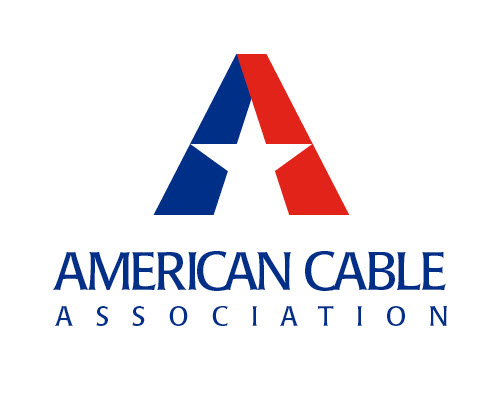FCC Grants Acccessibility Waivers ACA Sought

The smarter way to stay on top of broadcasting and cable industry. Sign up below
You are now subscribed
Your newsletter sign-up was successful
The FCC has granted some smaller cable operators waivers from its user interface rules implementing the Twenty-First Century Communications and Video Accessibility Act of 2010 (CVAA).
CVAA requires communications to be accessible to the sight- or hearing-impaired.
The accessible user interface rules--which apply to set-tops and other navigation devices--require that on-screen text menus and guides be audibly accessible in real time for the blind or visually impaired, if that is possible. MVPDs that sell or lease boxes are responsible for compliance, as are manufacturers for retail devices. They must also make sure users know the accessible option is available.
While the interface rules were adopted in 2015, and a compliance deadline set for Dec. 20, 2016, the FCC made exceptions for some midsized and smaller MVPDs--MSOs with fewer than 400,000 subs total or systems with fewer than 20,000 subs not affiliated with a larger MPVD. They have a deadline of Dec. 18, 2018 to comply.

ACA asked for waivers for smaller systems it said would still be "unable to partially or fully comply with the accessible user interfaces rules due to the unavailability of compliant solutions in the market that work for these systems."
Specifically it asked for a limited waiver of the requirement that systems that use QAM for two-way offering (VOD) and a full waiver of the requirement for analog systems or ones that don't provide residential broadband service.
The FCC granted the waivers subject to sub notification requirements and other conditions.
The smarter way to stay on top of broadcasting and cable industry. Sign up below
"We find that granting the waivers requested by ACA in these limited circumstances is in the public interest because it would provide relief to small cable systems that are financially unable to undertake the significant network upgrades necessary to adopt afully compliant user interfaces solution," the FCC's media bureau said.
The bureau said the fact that the waivers applied to only a narrow class of operators mitigated in their favor.
Related: NCTA Tweaks Request for Video Description Relief
The FCC accepted ACA's proposal that if other solutions become available to fulfilling the requirement, the waiver would go away within 180 days. The FCC also agreed with ACA that for both waivers, operators be required to provide notice to customers annually.
But it rejected ACA's argument for the QAM two-way wavier that the blind or visually impaired would not be overly burdened by not being able to access VOD since they could get similar services over the top.
"ACA applauds the Media Bureau's decision to grant ACA's requests for waivers. Many small and mid-sized cable systems are ready to offer compliant accessible user interfaces to their blind and visually impaired customers in December. However, for a few classes of systems, the cost to comply fully is too great. The Bureau's waivers address this reality by permitting most of these systems to offer near fully compliant solutions and giving exemptions to the rest," said ACA president, Matt Polka.
"The Media Bureau action is very welcome news for small and medium-sized systems that would have incurred costs of at least $100,000 per system to comply, absent the waivers, because the market did not develop as the FCC had expected five years ago," said Polka. That was a reference to a TiVo solution that, while it is billed as a fully compliant solution for QAM-based service, could cost $100,000, the Wireless Telecommunications Association has told the FCC. "In some cases, these costs would have forced companies out of business, which would provide no benefit to their blind and visually impaired customers. In other cases, these costs would have significantly driven up all customers' monthly rates," said Polka.
ACA also scored another waiver victory back in May, when the FCC granted a permanent waiver of the CVAA's Audio Crawl Rule to analog-only systems, which are essentially by definition the smaller systems ACA represents, because the FCC recognized those systems lacked the equipment needed to pass through the audio. While permanent, that waiver was conditional on operators providing ongoing notice to the public of their waiver status.
Contributing editor John Eggerton has been an editor and/or writer on media regulation, legislation and policy for over four decades, including covering the FCC, FTC, Congress, the major media trade associations, and the federal courts. In addition to Multichannel News and Broadcasting + Cable, his work has appeared in Radio World, TV Technology, TV Fax, This Week in Consumer Electronics, Variety and the Encyclopedia Britannica.

